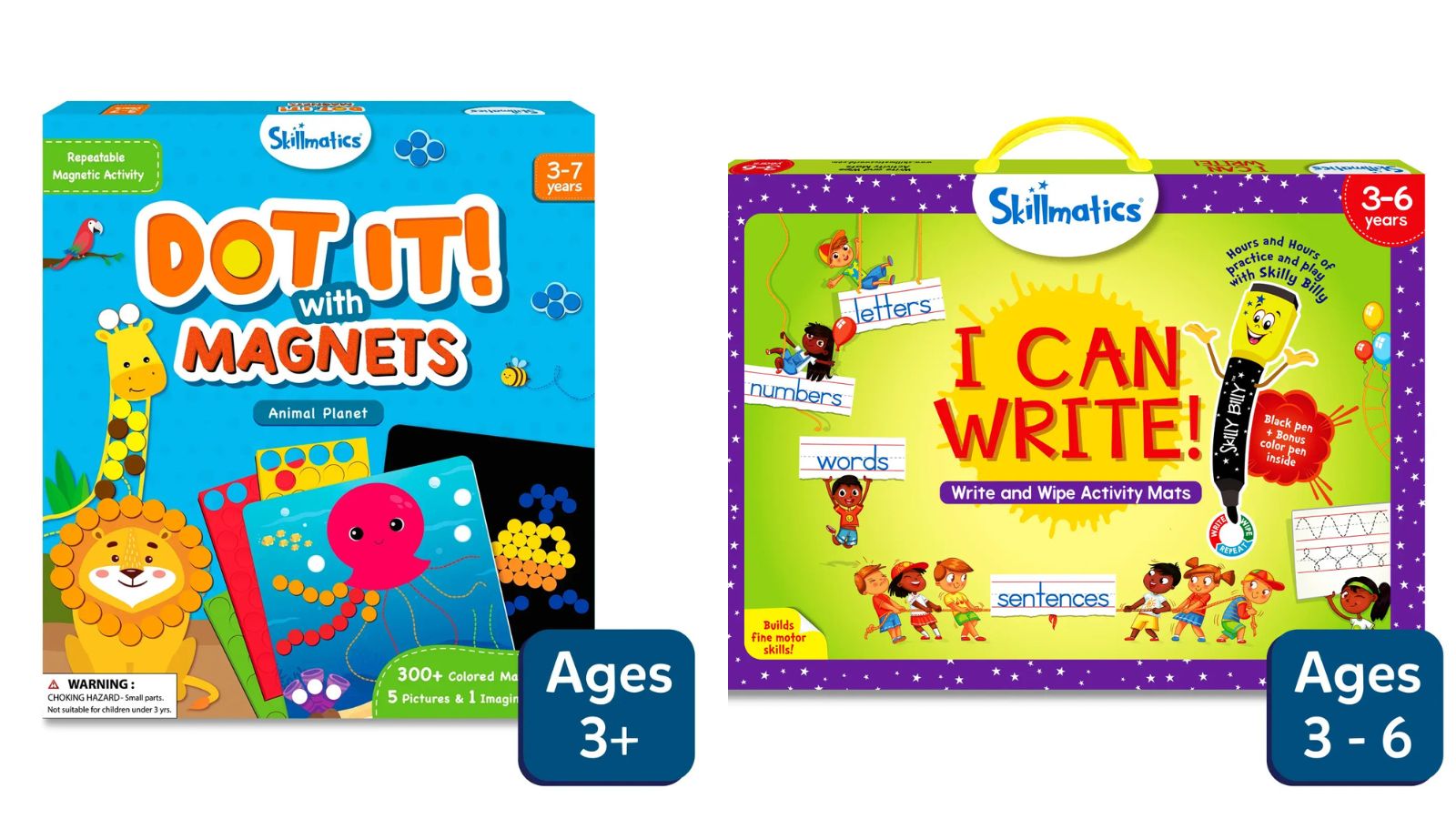Kindergarten is a magical time for children to explore, learn, and grow. At this early age, kids are like sponges, absorbing knowledge while developing essential life skills. One of the best ways to nurture their abilities is through kindergarten games that make learning fun and interactive. Engaging games help kids build math, reading, and social skills while keeping them entertained. From number recognition to language development, kindergarten games set the stage for a lifetime of learning.
1. Math Games for Kindergarteners
Math doesn’t have to be daunting for young learners. Through playful activities and hands-on games, children develop foundational math skills like counting, number recognition, and basic arithmetic. These games encourage kids to explore numbers while having fun.
- Counting and Sorting Games Simple activities like sorting objects by color, shape, or size introduce the concept of categorization and counting. For example, using cards with pictures or manipulatives like counters helps children count objects while strengthening their fine motor skills.
- Number Recognition Puzzles Puzzles that incorporate numbers can be an exciting way to familiarize kids with the appearance of numerals. Matching games, where kids pair numbers with corresponding sets of items, reinforce number identification and quantity relationships.
- Pattern Matching and Sequencing Learning to identify patterns helps develop logical thinking. Pattern-based games challenge kids to spot what comes next in a series, fostering critical reasoning skills. A simple activity could involve matching cards in a sequence or building a repeating pattern with colorful blocks.
These games not only teach basic math but also lay the groundwork for problem-solving and logical thinking skills, which are essential in a child’s academic journey.
2. Reading and Language Development Games
Building reading and language skills in kindergarten helps children become confident communicators. Educational kindergarten games focused on letters, phonics, and words make learning language a delightful experience.
- Alphabet Recognition Activities Games that involve identifying letters help children become familiar with the alphabet. For instance, letter-matching puzzles encourage kids to match uppercase and lowercase letters, building a strong foundation for reading.
- Phonics-Based Word Games Phonics activities introduce children to the sounds that letters make, which is the first step toward reading. Word-building games allow kids to combine letters to form simple words, helping them recognize patterns like “cat,” “bat,” and “rat.”
- Storytelling and Picture Matching Encouraging children to connect words with pictures improves their vocabulary and comprehension skills. Games that involve matching a word with its corresponding image create strong associations between objects and their names. Story-based activities that involve sequencing also teach kids the flow of events in a narrative.
These reading games give children the tools to identify letters, build words, and eventually move toward early reading comprehension, making literacy development enjoyable.
3. Social and Emotional Learning Through Games
Social skills are just as important as academic abilities for kindergarteners. Playing games with peers helps children learn to communicate, cooperate, and manage emotions in a group setting.
- Turn-Taking and Cooperative Games Activities that require taking turns or working as a team teach children patience and cooperation. Simple board games or matching card games encourage kids to wait for their turn, follow rules, and celebrate wins or losses gracefully.
- Emotion Recognition Activities Games that involve identifying facial expressions or emotions help children develop empathy and emotional awareness. Activities that ask kids to match an expression to a feeling like “happy,” “sad,” or “surprised” help them recognize their own and others’ emotions.
- Role-Playing Games Role-playing scenarios, such as pretend grocery shopping or being a teacher, allow children to practice real-life social interactions. These activities help them understand different perspectives and foster creativity.
Social games not only teach children how to interact positively with others but also build confidence, self-awareness, and emotional intelligence.
4. Motor Skills Development Through Play
Motor skill development is critical in early childhood, and educational kindergarten games can help refine both fine and gross motor skills.
- Drawing and Tracing Activities Games that involve drawing shapes, letters, or lines help improve fine motor skills and hand-eye coordination. Activities like tracing letters on cards or connecting dots also prepare kids for early writing.
- Building and Stacking Games Activities like stacking blocks or creating towers encourage children to develop balance, precision, and focus. These games also challenge their spatial awareness and problem-solving abilities.
- Movement-Based Games Gross motor skills can be enhanced with activities that involve movement, such as hopping on numbered spaces, tossing bean bags, or dancing to action songs. Combining movement with learning concepts, like numbers or colors, ensures children stay engaged while being active.
5. The Benefits of Kindergarten Games for Holistic Development
Educational kindergarten games are much more than just playtime. They create meaningful learning experiences that foster academic and personal growth. By engaging in these games, children develop:
- Cognitive Skills: Games that involve puzzles, patterns, and problem-solving stimulate critical thinking and improve memory.
- Literacy and Numeracy: Interactive activities introduce letters, numbers, and early concepts of math and language in a playful way.
- Social Skills: Group games teach children cooperation, communication, and how to manage emotions in various situations.
- Motor Skills: Hands-on activities like drawing, building, and physical movement enhance coordination and muscle control.
Conclusion
Kindergarten is an essential phase where children begin to develop core skills that set them up for future success. Incorporating kindergarten games into their routine makes learning fun, interactive, and engaging. Whether it’s building math foundations, exploring language, or developing social skills, games provide endless opportunities for growth. By nurturing a love for learning through play, parents and educators can help young children thrive in all areas of their development. So, bring out the puzzles, building blocks, and matching cards because learning through play is the best way for kindergarteners to flourish.
